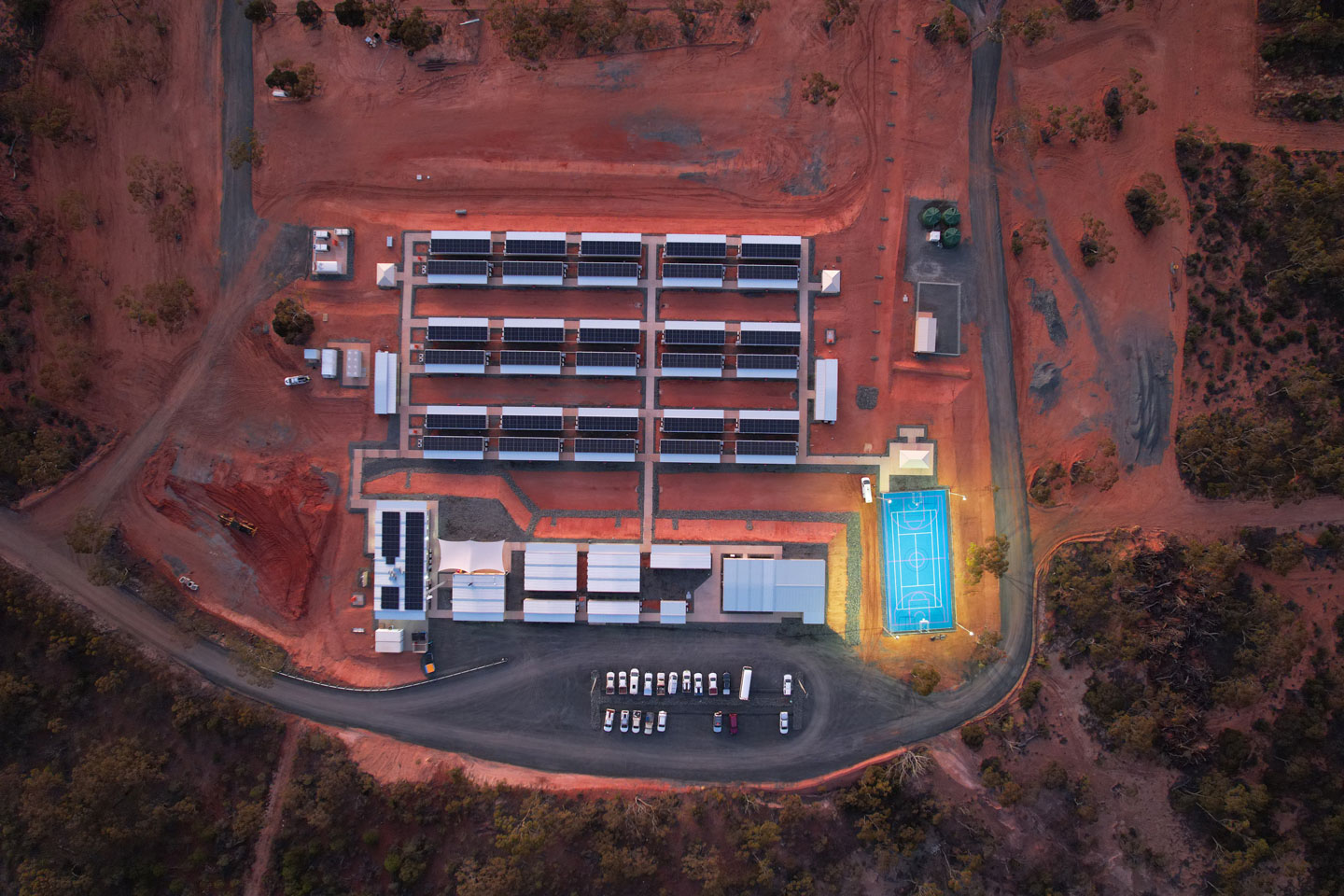

The new year has brought a raft of changes to corporate sustainability and government policy with far-reaching implications for Australian companies, big and small. Independent sustainability specialists, Futureproof takes a look at some of the most important changes to consider in your sustainability and ESG decision-making this year.
1. Greenwashing Crackdown
Greenwashing, or the practice of providing statements and communications that mislead or misrepresent the extent of environmental or ethical action, are the target of several new investigations by regulators ASIC, ACCC and APRA, including legal action against superannuation giant Mercer. Greenwashing distorts the information required to make an educated investment decision. As companies respond to new policy following the proposed federal Safeguard Mechanism legislation, we expect to see more rigorous scrutiny from regulators, stakeholders and investors.
2. ISSB Announcements
The International Sustainability Standards Board (ISSB), the global standards body tasked with providing much-needed consistency and comparability to sustainability reporting, has announced the latest updates in its formation of a global baseline of sustainability disclosure standards for capital markets. When finalised, these disclosures (IFRS Standards S1 and S2) mean that companies will need to report the full extent of their impacts including human rights, workforce and climate.
The latest brief: The ISSB agreed that S1 and S2 will be released in June 2023, and effective from January 2024. They will provide guidance on how a company assesses what information is material. Importantly, the ISSB confirmed that companies ‘shall consider’ disclosure topics and metrics from the industry-based SASB Standards and ‘may consider’ the Global Reporting Initiative (GRI) and European Sustainability Reporting Standards (ESRS). To ensure greater reliability, the selected standards must be material to investors, with companies required to report at the same time as their financial statements, subject to transition relief.
The ISSB also indicated that the S2 climate disclosures will build on the work of established framework, the Taskforce for Climate-Related Financial Disclosures (TCFD). Companies may use transition options in the first year of reporting, including reprieve from reporting Scope 3 greenhouse gas emissions and disclosure of comparative data.
These announcements are good news for the many Australian companies who are already using TCFD, SASB and GRI as their established reporting frameworks. Watch this space!
3. Mandatory Sustainability Reporting Gathers Pace
Along with other G20 nations, the Australian Government has been consulting with industry into the most appropriate reporting tool for climate-related disclosures, including whether ISSB is the best fit and if requirements should apply to large, listed and unlisted organisations alike. Regulators APRA and ASIC have already endorsed the draft ISSB Standards, setting the scene for future mandatory sustainability reporting by certain companies and financial institutions in Australia.
4. New GRI Universal Standards
The Global Reporting Initiative’s (GRI) new Universal Standards 2021 came into effect in January 2023. GRI now only has one method of reporting ‘in accordance’ with its standards after they removed the Core and Comprehensive options. Under the revisions, organisations must provide reasons for omission for disclosures that organisations are unable to comply with. Companies that cannot meet all the requirements for ‘reporting in accordance with’ are encouraged to report ‘in reference to’ until they comply over time.
Redefining Materiality
The new GRI changes mean a more comprehensive model of impact and topic assessment is now required. Currently, material topics are identified through a stakeholder assessment process. The new GRI updates address “topics that represent an organisation’s most significant impacts on the economy, environment and people, including impacts on their human rights.” What does this mean? Organisations should report ALL of their impacts, regardless of whether they are highlighted by stakeholders or not.
Impacts, Impacts, Impacts
These impacts can be actual or potential, positive or negative, short-term or long-term, intended or unintended and reversible or irreversible. Reporting organisations must indicate their contribution to sustainable development. Futureproof has developed a new, easy-to-use process to ensure clients meet these enhanced stakeholder and materiality requirements.
5. New GRI Mining Sector Standards
Miners - keep a look out for the new GRI Mining Sector standards, set for release in Q4 2023. The public comment period is now underway and resources industry professionals are encouraged to contribute via the GRI online questionnaire. Given 68% of Australia’s biggest mining companies report against GRI metrics, improved consistency and transparency for the sector and its stakeholders is greatly welcomed.







